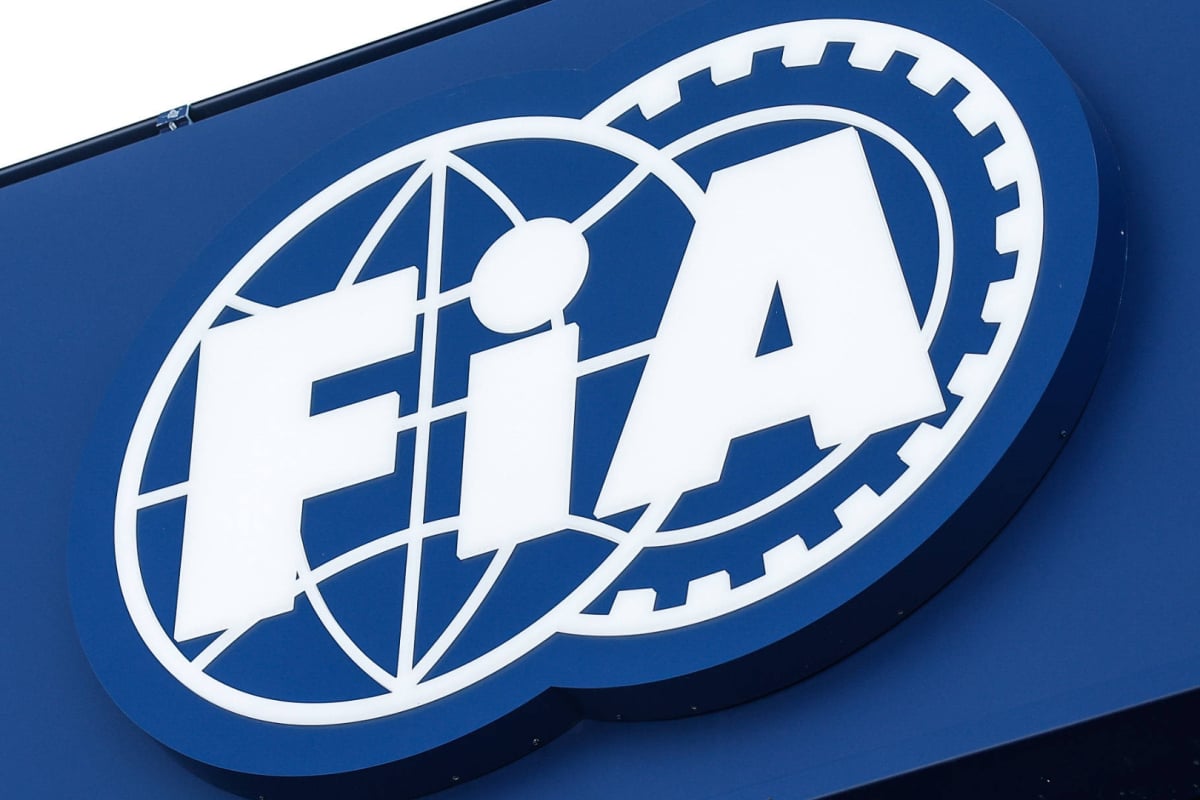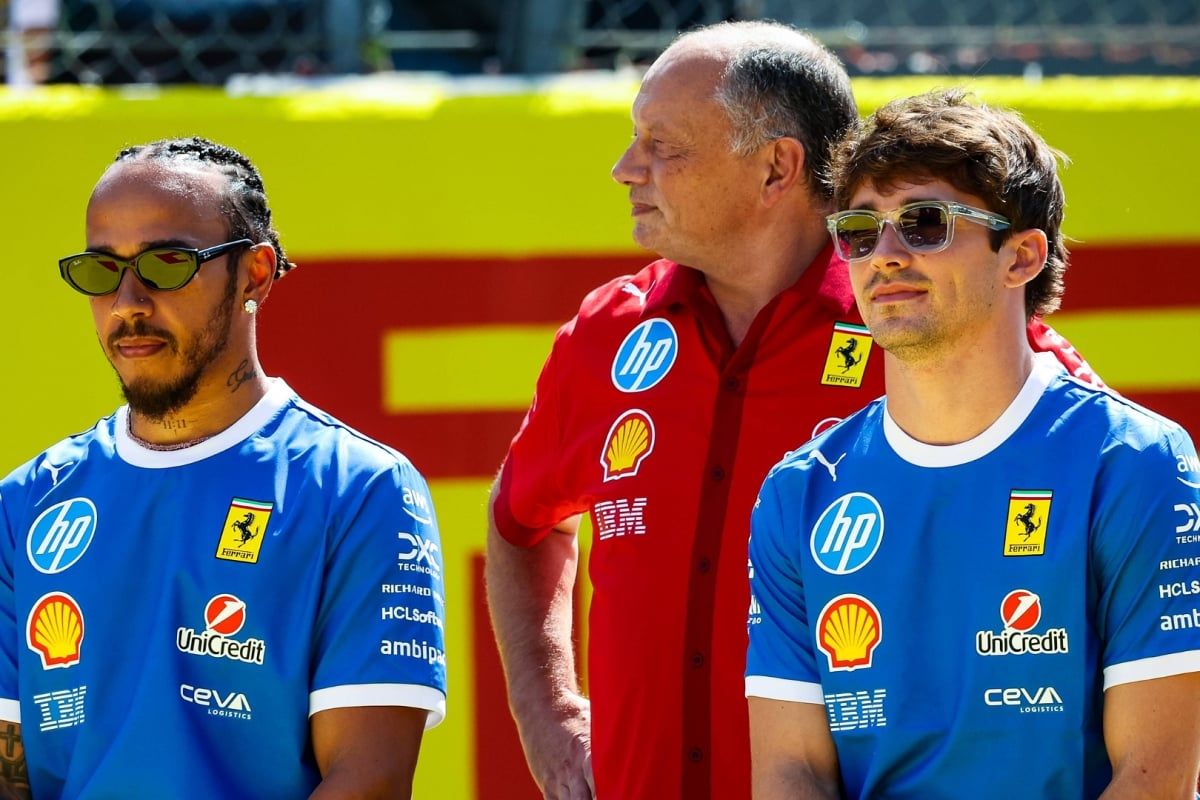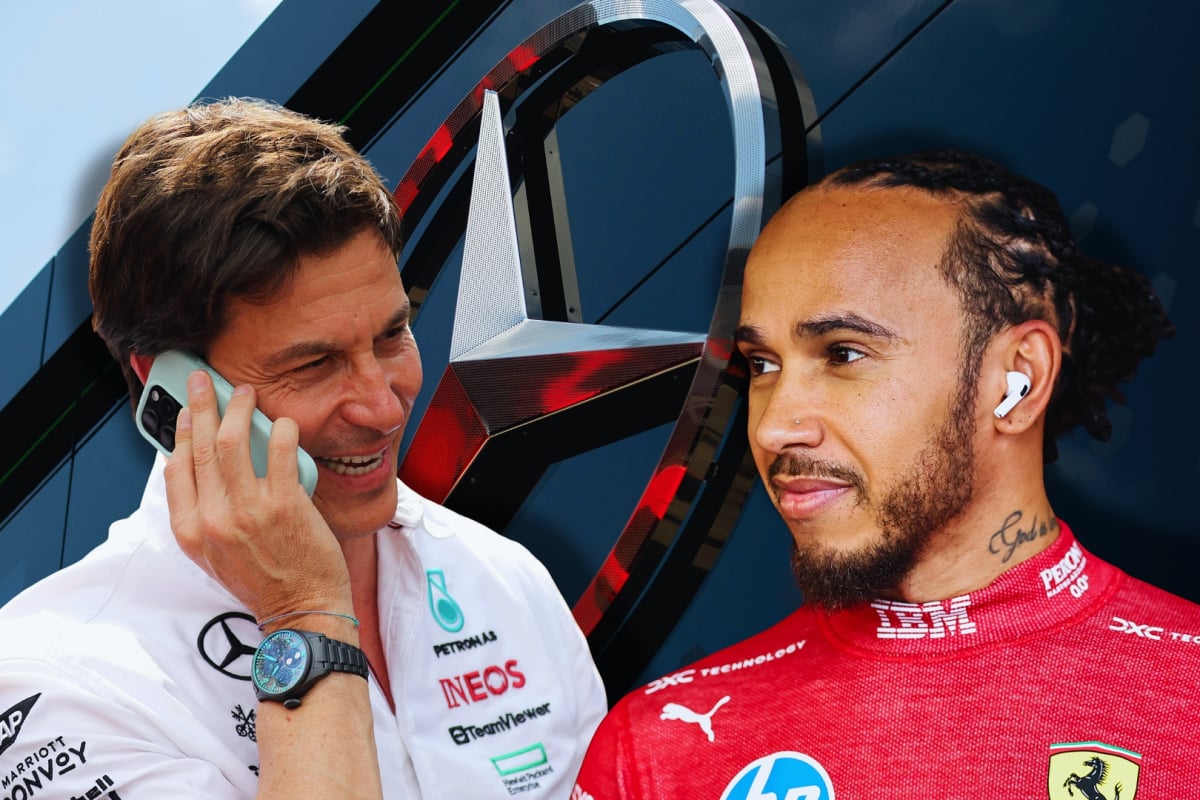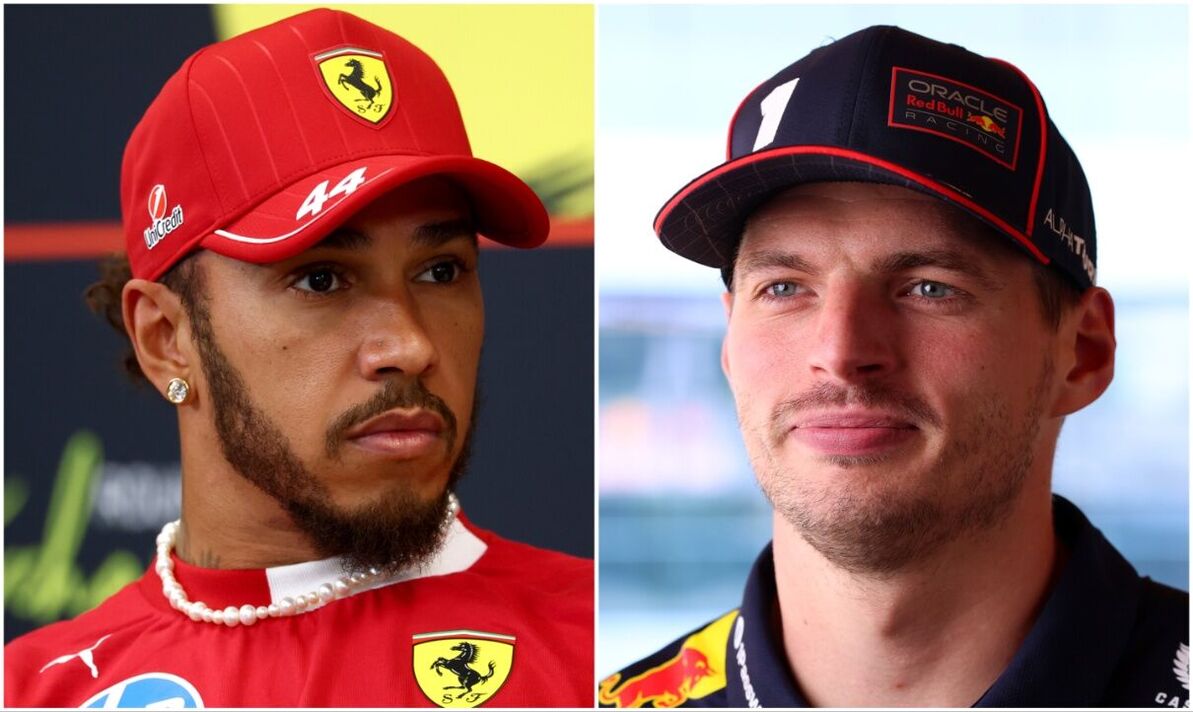FIA issues hate speech statement after F1 drivers a… read more
The Fédération Internationale de l’Automobile (FIA), Formula 1’s governing body, has issued a strong statement condemning the escalating online abuse targeting drivers, journalists, and other personnel within the sport. This statement, released on International Day of Countering Hate Speech, underscores the FIA’s commitment to combating this pervasive issue and highlights the urgent need for collaborative action across social media platforms and within the motorsport community.
The recent wave of online abuse has brought the issue into sharp focus, with high-profile cases involving Formula 1 drivers Jack Doohan and Yuki Tsunoda serving as stark examples of the hateful and threatening content prevalent on social media platforms. Doohan faced threats against his family following his replacement at Alpine by Franco Colapinto, with a fabricated image circulating online depicting his father, Mick Doohan, mocking Colapinto’s crash. While the account responsible later apologized and admitted to fabricating the image, the incident underscores the ease with which misinformation and hateful content can spread, causing significant emotional distress to the individuals targeted. Tsunoda, meanwhile, experienced racially motivated abuse following an on-track incident with Colapinto during practice at the Imola Grand Prix. Both drivers publicly condemned the abhorrent comments directed at them.
Beyond the drivers, the online abuse extends to journalists covering the sport. Prominent figures like Lee McKenzie and Sky Sports’ Rachel Brookes have recently reported experiencing harmful comments on social media, highlighting the broad reach of this problem and its impact on individuals working within the Formula 1 ecosystem. These experiences underscore the need for a comprehensive approach that protects not just the drivers and teams, but also the media professionals who play a vital role in reporting on and shaping the narrative surrounding the sport.
The FIA’s statement explicitly acknowledges this broader scope, emphasizing the “FIA United Against Online Abuse campaign’s” commitment to protecting “athletes, officials, journalists, fans, and everyone involved in sport.” The statement highlights the significant strides the campaign has made in 2024, including the welcoming of five scholars to the community, the publication of an industry-leading barometer on online abuse, an 184 percent growth in the campaign’s community, and increased awareness through collaborations with events and governments. These actions demonstrate a proactive and multi-faceted approach to tackling the problem, but the scale of the issue necessitates a continued and intensified effort.
The FIA’s statement also underscores the campaign’s ongoing advocacy work, which includes calling on social media platforms to take greater responsibility for moderating content and protecting users from harassment. This is a crucial component of addressing the issue effectively, as social media platforms themselves play a significant role in facilitating the spread of hateful and threatening messages. While the FIA’s efforts are commendable, the responsibility for creating a safer online environment extends beyond the organization itself. Social media companies must implement more robust mechanisms to identify and remove hateful content, while simultaneously investing in education and awareness initiatives to combat the underlying causes of online abuse.
The increasing prevalence of online abuse in Formula 1 and other sports highlights a broader societal problem demanding collective action. The FIA’s statement serves as a call to action, urging social media companies, governing bodies, and fans alike to take a firm stand against hate speech and work together to create a more inclusive and respectful online environment for everyone involved in the sport. The success of the “United Against Online Abuse” campaign relies not only on the FIA’s initiatives but also on the collective responsibility of all stakeholders to actively combat online harassment and protect individuals from its damaging effects. The future of Formula 1, and indeed the wider sporting world, depends on fostering a culture of respect and responsibility both on and off the track.




